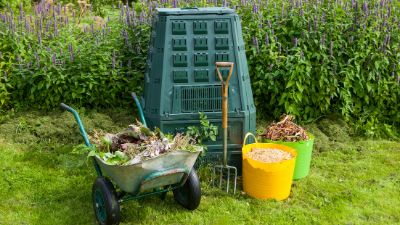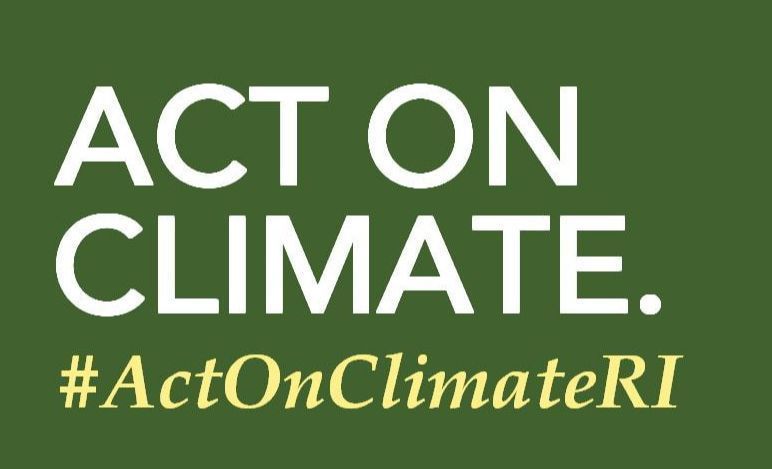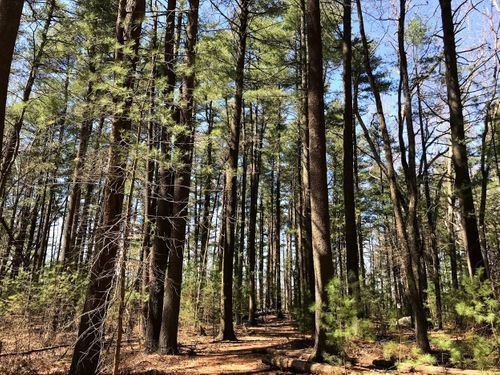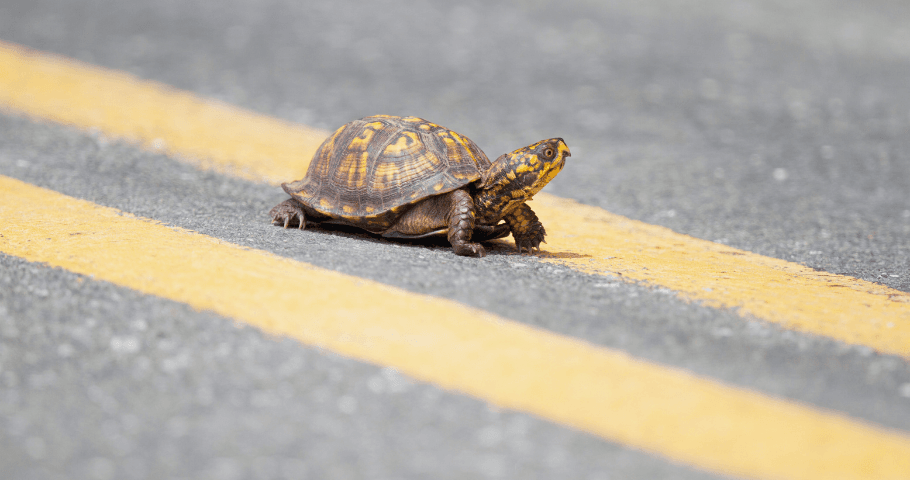
April 2021
The monthly Audubon Eagle Eye Advocacy Updates will provide you with simple actions you can take to help foster a cleaner, healthier planet along with local and national environmental news. Advocacy to protect birds and wildlife is a top Audubon priority and this work goes beyond testifying on their behalf on Smith Hill. Year round, we are working with our community partners and Rhode Island leaders to ensure the environment is a priority. These updates will keep you informed and ready to take action when the legislative session is upon us. As the newsletter continues, we are very interested in your suggestions and questions. Please send them to Audubon Senior Director of Policy Meg Kerr at mkerr@asri.org.
Sign up to get the Audubon Eagle Eye Advocacy Update in your inbox!
- The Johnston landfill is expected to reach capacity by 2034, according to a recent report published by the Rhode Island Resource Recovery Corporation (RIRRC).
- Approximately 324,234 tons of Rhode Island’s municipal solid waste went to the Johnston landfill in 2018. According to RIRRC, about 32% of that – or 103,754.86 tons – could have been composted.
IF that waste had been composted, it would have saved 44,033 tons of greenhouse gases from entering our atmosphere. That’s like taking 9,349 cars off the road for one year! - Integrated recycling and composting efforts could double Rhode Island landfill’s lifetime through 2049.
Why compost?
- Compost can replenish poor soil and replace harmful fertilizer used to grow the food we eat.
- Household wastes are reduced.
- Compost reduces harmful climate pollution that is created from food waste decaying in landfills.
- It can slow the flow of storm water which helps prevent flooding and water contamination.
- Composting helps decrease municipal waste costs.
- Own a business? Composting food scraps can help reduce costs associated with waste management.
The Rhode Island Resource Recovery website has useful information about composting.
Learn more about indoor and outdoor composting.
At the Rhode Island State House
This bill is Audubon’s top priority for the 2021 legislative session and on Tuesday, April 6, 2021 the House and Senate each passed the opposite chamber's bill! Act On Climate now moves to Governor McKee, who voiced his support and plans to sign this bill into law. Final actions will take place this week.
This bill has been Audubon’s top priority for several years. It establishes an essential framework for state action on climate change and ensures that Rhode Island will be prepared for the federal investments in climate resilience and infrastructure.
Act On Climate 2021 makes critical adjustments to the Resilient RI Act to increase Rhode Island’s efficiency and effectiveness in responding to the climate crisis. It updates the climate targets, making them consistent with current science, requiring net zero emissions by 2050. It creates accountability and transparency by requiring the development of an online public dashboard to track emissions reductions and energy consumption. The bill makes the State’s reductions binding and provides a mechanism for enforcement. And it requires the State to plan for an equitable transition for environmental justice populations.
Regulating Neonicotinoid Pesticides
House: H5641 - Sponsored by Representatives Kislak, Bennett, Kazarian, Speakman, Cortvriend, Carson, and Donovan
Senate: S 702 - Sponsored by Senator Miller
All testimony submitted to the House Committee on Environment and Natural Resources is posted online. You can read the testimony in support and opposition here (you need to scroll through the pages to find H 5641). Audubon’s testimony is here.
Action you can take: Let your senator and representative know that you support this bill. You can also send an email to members of the House Environment Committee and Senate Committee on Environment & Agriculture.
- Assess and recommend new funding sources to conserve forest land across the forest continuum of rural to urban landscapes;
- Identify incentives to encourage forest landowners to maintain and manage their land and preserve forest values;
- Encourage forest conservation as a means to sequester carbon and mitigate climate change and maintain the numerous other benefits provided by forests;
- Help to increase and create new markets for Rhode Island forest products to store carbon long-term and create new jobs;
- Assess impediments to the expansion of the Rhode Island forest products industry and recommend changes to remove impediments;
- Assess means to encourage the improvement and expansion of urban and community forestry;
- Coordinate and seek input from key stakeholders to identify other science-based initiatives to promote the conservation of Rhode Island forestland
Action you can take: Let your senator and representative know that you support this bill. You can also send an email to members of the House Environment Committee and Senate Committee on Environment & Agriculture.
Solar Siting: Closing the 10 MW loophole
Senate: S 474 - Sponsored by Senators DiMario, Euer, Ciccone, Valverde, DiPalma, Seveney, Calkin, Bell, Kallman, and Anderson
House: H 6169 - Sponsored by Representatives Speakman, Ruggiero, Cortvriend, Carson, Donovan, Tanzi, Ajello, Morales, and Potter
While current state law limits the size of solar arrays to 10 MW (about 40 – 50 acres), developers locate projects on adjacent lots and build projects that exceed this limit. This ecoRI article describes a 38.4 MW project under development in North Smithfield. And this article shows a map of solar development in Hopkinton including projects that exceed the 10 MW threshold.
This bill would eliminate the ability to co-locate projects in greenfield sites, but would enable developers to create these large projects in preferred, already developed, areas.
The bills have not been heard in committee.
Action you can take: Let your senator and representative know that you support this bill. You can also send an email to members of the House Environment Committee and Senate Committee on Environment & Agriculture.






















